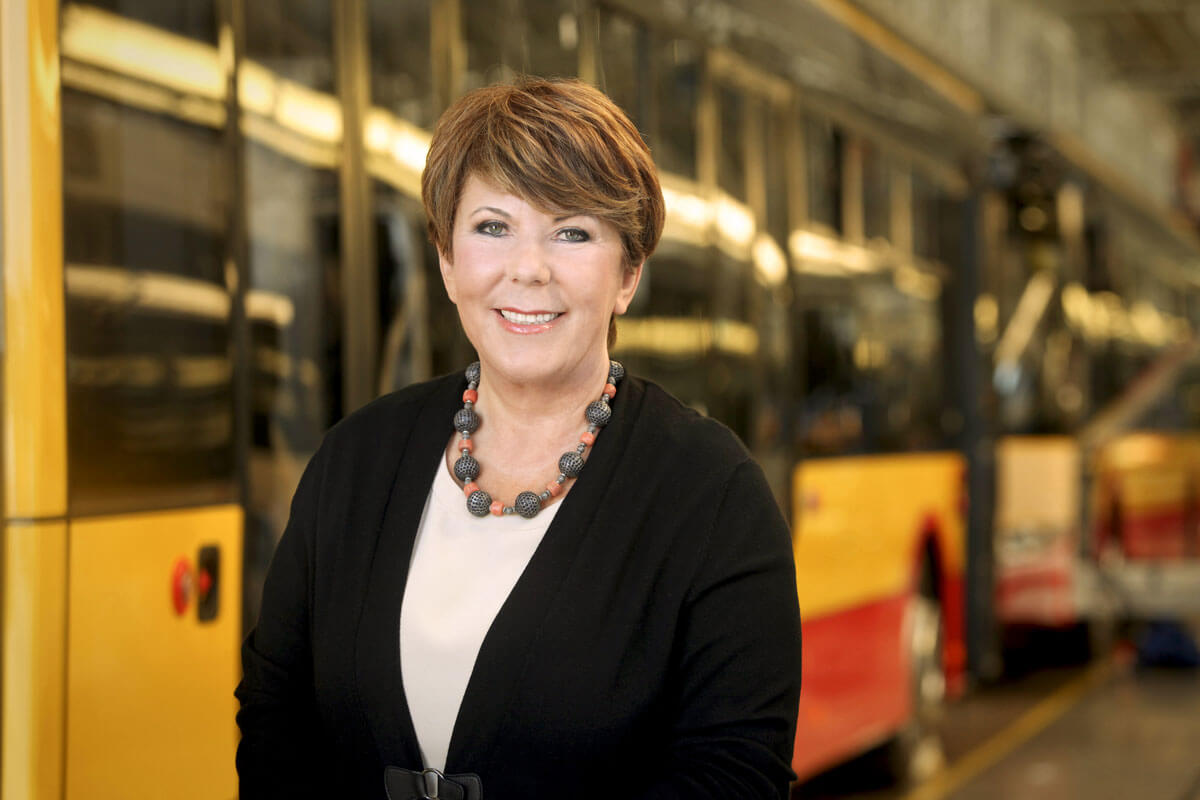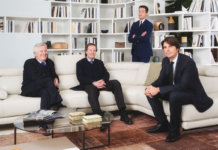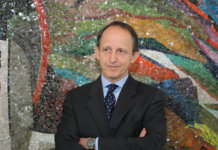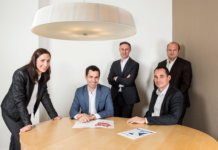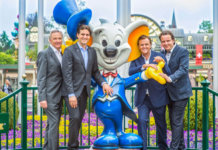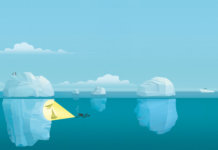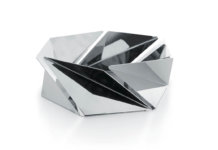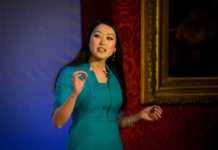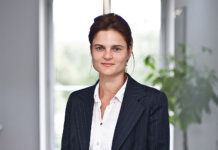Interview with Solange Olszewska, Owner and Co-Founder, Solaris, Poland
Solaris is amongst the leading manufacturers of innovative buses, trolleybuses and urban rail vehicles in Europe. The Polish brand has experienced stellar growth since its foundation in 1996. Solaris went from being a single factory with 36 employees to a four-facility enterprise with a 2,300-person workforce in just 20 years. Solange and Krzysztof Olszewski are the power couple behind the successful venture. Their entrepreneurial journey is one of sacrifice, perseverance and incredible business acumen.
Tharawat Magazine spoke with Solange Olszewska about the early adversity the couple faced and how they overcame it to build an internationally recognised brand.
How did your entrepreneurial journey begin?
Like many things in life, it was a coincidence. My husband and I did not plan on owning a bus manufacturing company when we met. Krzysztof has always wanted to be a car mechanic with his own repair shop. We were young and penniless university students at the time. We worked on the side to save up enough money to buy a share in a repair shop in Warsaw. No car parts could be found in Poland, so we’d go to the West to purchase what we needed. This is how we started out and this is what we thought our lives would be. Fate did not allow us to continue down this path.
My husband was on a business trip one Sunday in 1981 when Poland declared martial law. Krzysztof was supposed to come back the next day, but we both agreed it would be better if he stayed in West Germany. I had no money and no means to join him. It took nearly half a year before we saw each other again. In the beginning, we were not allowed to use telephones and staying in touch was difficult. I finally managed to send a letter telling him I would soon join him in Germany.
At the time, the Germans were really supportive of the Polish. They helped my husband to find a job with Neoplan, a huge and really innovative German bus manufacturer that happened to be family-owned. Meanwhile, I was trying to sell our car repair shop in Warsaw. I got next to nothing for it but managed to use the money to purchase an exit permit. A university professor wrote an attestation claiming I had cancer and needed treatment abroad. I got out but had to leave my 2-year-old son and 3-year-old daughter with my mother. It was a huge sacrifice. It took months to get our children out of Poland. The Foreign Minister of Germany wrote a letter asking for a family reunion. Years later I was able to meet and thank him in person. It is still hard for me to speak of that difficult time though it was over 30 years ago.
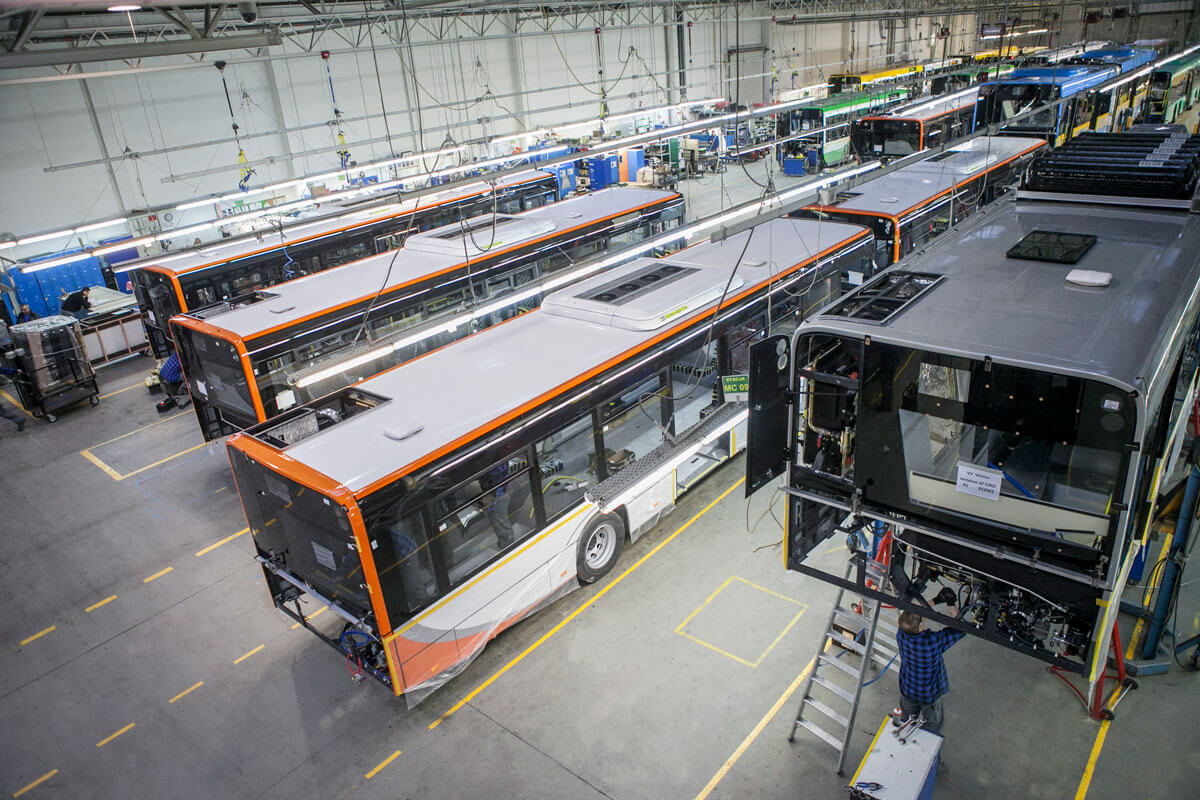
What happened when your family was finally reunited?
In 1983, we started our life together in Germany. I remember it fondly. My husband was promoted at Neoplan and the children went to good schools. I am a dentist by training but wasn’t allowed to practice in Germany. So instead, I got a job at the University of Berlin.
My husband worked for a family business and it soon became clear that it would be impossible for him to grow within the company. Even seats on the board were reserved for family members. When the “Wende” arrived and introduced the market economy to Poland, Krzysztof realised that there would be a huge demand for buses. He returned to Poland in 1995 to explore the opportunities. He received the first big tender for bus production under the condition that assembly would take place in Poland. Neoplan agreed to give us their bus plans as long as we built the factory. We didn’t have the means to open such an operation and nearly lost the tender. We managed to raise enough money to assemble Neoplan buses at the very last minute.
What happened next?
For the next three years, everything worked well and to the plan. Buses were needed and demand was soaring. After a while, large companies started moving into the market, causing prices to fall. Our models no longer met demand. We felt we had gained enough experience and decided it was time to take another big risk. We launched Solaris, our own brand. We launched our first model, the Urbino City Bus, in 1999. Its success was unbelievable! Krzysztof quickly became known as the leading bus maker in Europe. In 2001, after the split from Neoplan, we started on our own under the name Solaris Bus & Coach company. Our product portfolio started growing.
[ms-protect-content id=”4069,4129″]
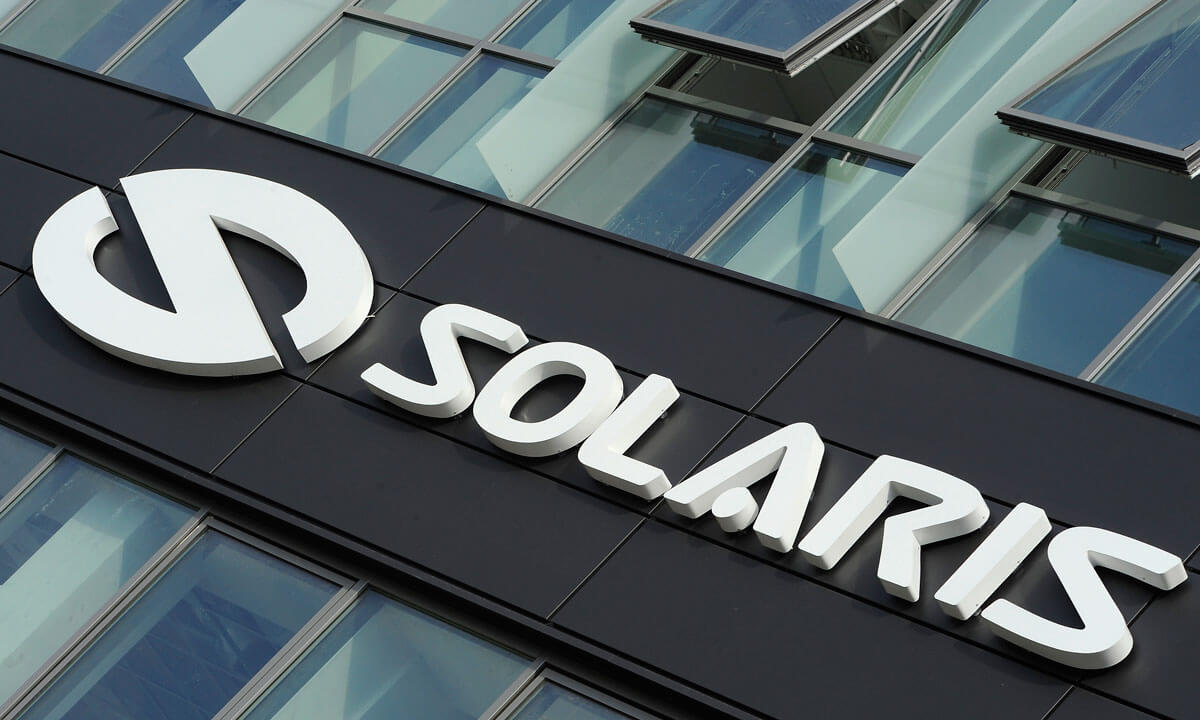
You have recently been at the helm of the company. How did that happen?
In 2012 my husband fell very ill. I had been on the board for a long time but these circumstances were different. I was suddenly faced with the responsibility of leading the entire company. Our employees and partners were amazing. They took over so that I could care for my husband. We managed to survive despite doctors’ diagnoses and competitors trying to undermine us. My husband lives, as does our company.
A professional board currently runs Solaris. No family members are part of the executive group. We decided to avoid bringing emotions into play at this stage. It was important to both my husband and I that we employ people better than us. In 2015 we hired a new German chairman who has a wealth of experience, having worked with big brands like Mercedes. We are confident that he is right for the job. The rest of the board is equally comprised of Polish and German members. We are very happy knowing that the company is in their hands and that together, we will push things forward.
How does the next generation feel about the non-family business approach?
It was a difficult decision, but I really want to give our board a chance. In no way does it mean that things will remain this way forever. Our team has ten years to prove itself. A board works differently when a family member, who is also a shareholder, participates. The kids are still young and we want them to pave their own paths. They will bring real value to the business only when they have experienced their own success.
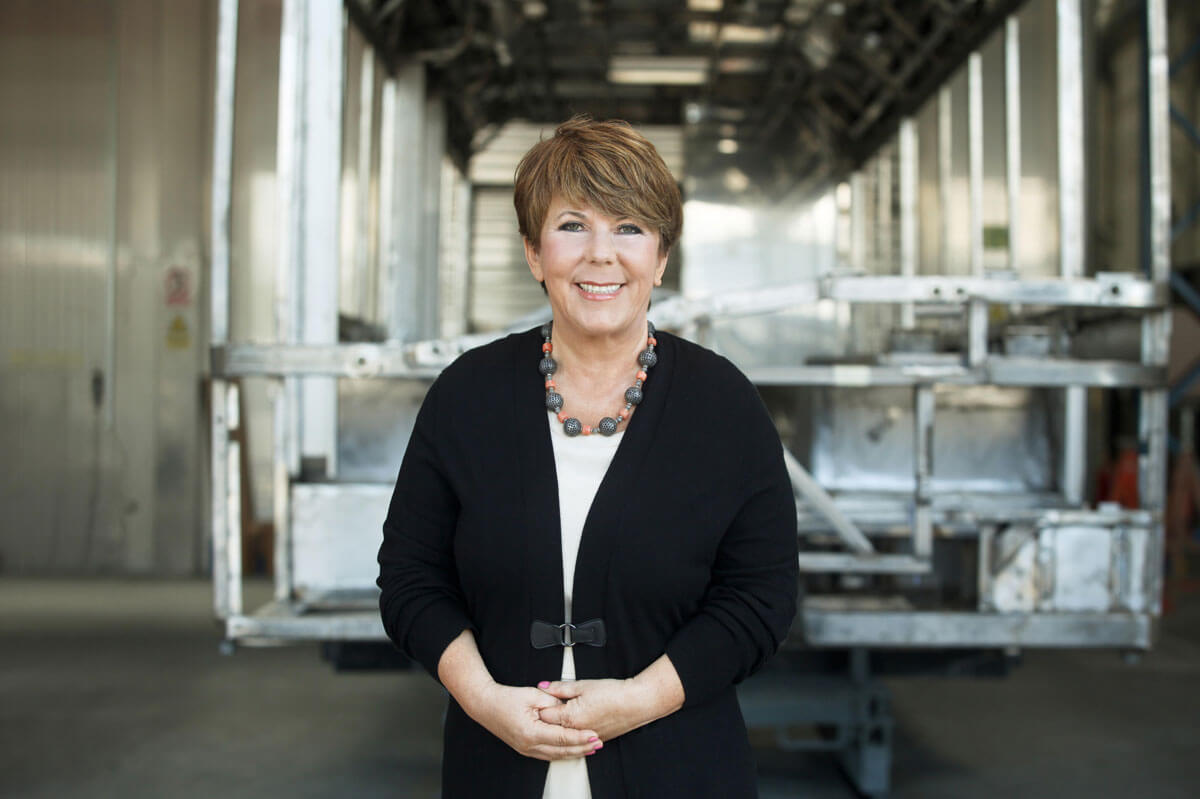
What will happen to you?
I am going to be a grandmother! Both my children are expecting this year. I am also very active in a variety of charities and have my husband to take care of. He is thankfully getting better. I also recently started my own organic farming side-project. I cultivate a small plot near the woods. I don’t know how long or how intensely I want to do this, but for now, I am very happy with our little pasture. I would love it to serve as an educational institute for city people who are losing connection to nature. We should never forget how little it takes to create great things.
Tharawat Magazine, Issue 29, 2016
[/ms-protect-content]


